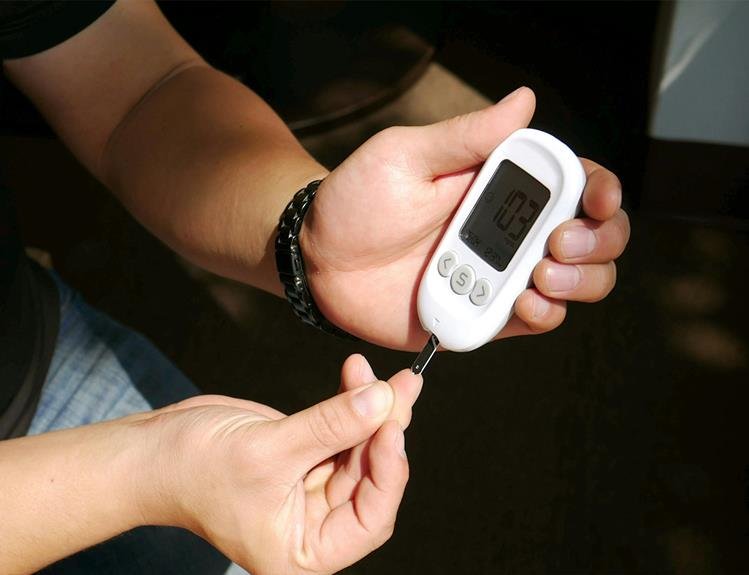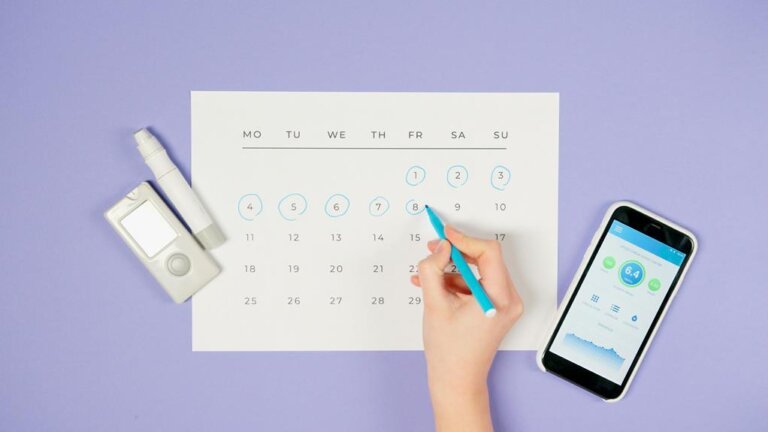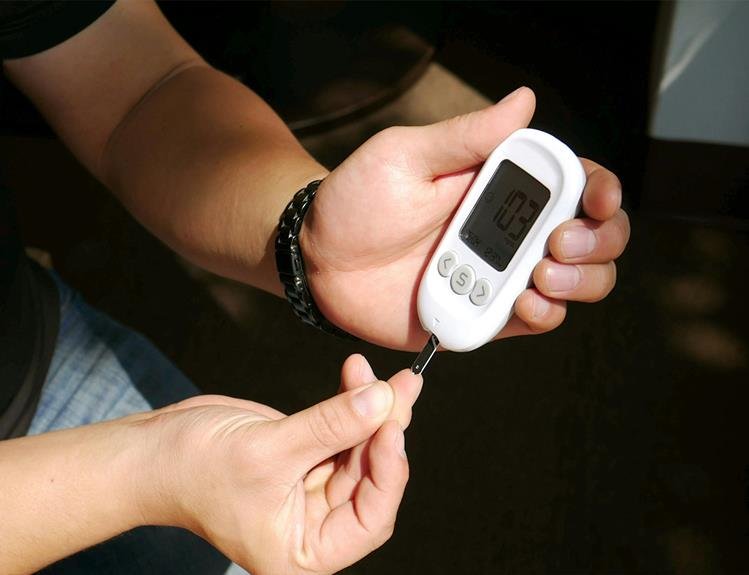Essential Guide to Managing Diabetes in Your 60s
When it comes to managing diabetes in your 60s, they say ‘an ounce of prevention is worth a pound of cure.’ But what does that mean for you?
Understanding the intricacies of diabetes management as you age can be crucial to your health and well-being. From dietary considerations to regular exercise and medication management, there’s a lot to unpack in this essential guide.
Stay tuned to discover practical tips and strategies tailored specifically for your age group to help you navigate the complexities of diabetes management effectively.
Understanding Diabetes in Your 60s
In your 60s, understanding diabetes becomes crucial for managing your health effectively. Diabetes is a condition where your blood sugar levels are consistently high, either because your body doesn’t produce enough insulin or doesn’t use it effectively. As you age, the risk of developing type 2 diabetes increases due to factors like a sedentary lifestyle, weight gain, and genetic predisposition. It’s essential to grasp the impact diabetes can have on your body, such as increased risk of heart disease, nerve damage, and vision problems.
Regular monitoring of your blood sugar levels is key to managing diabetes in your 60s. This involves checking your levels at home with a glucose meter and regularly visiting your healthcare provider for A1C tests. Understanding how different foods, medications, and activities affect your blood sugar levels empowers you to make informed decisions about your health. By staying informed and proactive, you can effectively manage diabetes in your 60s and lead a healthy, fulfilling life.
Healthy Eating Habits for Diabetics
Maintaining healthy eating habits is essential for diabetics to effectively manage their condition and support overall well-being. As a diabetic in your 60s, it’s crucial to focus on a balanced diet that helps control blood sugar levels.
Start by incorporating plenty of fresh fruits and vegetables into your meals. These provide essential vitamins, minerals, and fiber without causing spikes in blood sugar. Opt for whole grains like brown rice, quinoa, or whole wheat bread over refined grains to keep your blood sugar stable.
Additionally, lean proteins such as skinless poultry, fish, tofu, or legumes can be excellent choices to help you feel full and satisfied without affecting your blood glucose levels significantly.
Be mindful of portion sizes and try to limit your intake of saturated fats, sugars, and processed foods. By making these simple yet effective dietary changes, you can better manage your diabetes and improve your overall health in your 60s.
Importance of Regular Exercise
To effectively manage your diabetes in your 60s, incorporating regular exercise into your routine is key for maintaining stable blood sugar levels and improving overall health. Exercise helps your body use insulin more efficiently, which can lower your blood sugar levels. It also aids in weight management, reduces the risk of heart disease, and improves circulation. Aim for a combination of aerobic exercises like walking, swimming, or cycling, along with strength training exercises like lifting weights or using resistance bands.
Regular physical activity can also boost your mood, increase your energy levels, and enhance your quality of sleep. Make sure to choose activities that you enjoy to make it easier to stick to your exercise routine. Start slowly and gradually increase the intensity and duration of your workouts as you build strength and endurance. Remember to consult your healthcare provider before starting any new exercise program to ensure it’s safe for you and appropriate for your health condition.
Monitoring Blood Sugar Levels
Regularly checking your blood sugar levels is crucial for effectively managing diabetes in your 60s. Monitoring your blood sugar helps you understand how your body responds to different foods, activities, and medications. By keeping track of these levels, you can make informed decisions to keep your blood sugar within a healthy range.
There are various ways to monitor your blood sugar levels, including using a blood glucose meter. This device allows you to check your blood sugar at home by pricking your finger and placing a small drop of blood on a test strip. It provides you with immediate results, enabling you to adjust your diet or medication as needed.
It’s essential to establish a routine for checking your blood sugar levels. Your healthcare provider can guide you on how often to monitor, which may vary depending on your diabetes management plan. By staying diligent with monitoring, you can better control your blood sugar levels and reduce the risk of complications associated with diabetes in your 60s.
Managing Medications and Doctor Visits
Ensuring you stay on top of your medication regimen and attend regular doctor visits is essential for effectively managing diabetes in your 60s. Consistency in taking your prescribed medications as directed by your healthcare provider is crucial to keep your blood sugar levels stable. Make sure you understand the purpose of each medication, its dosage, and any potential side effects to watch for. Set up a routine or use pill organizers to help you remember to take your medications on time.
Attending regular doctor visits is equally important. These visits allow your healthcare team to monitor your diabetes management, adjust your treatment plan if needed, and catch any potential complications early. Be prepared for these appointments by keeping a record of your blood sugar levels, any symptoms you may be experiencing, and questions you have for your doctor. Open communication with your healthcare provider is key to successful diabetes management in your 60s.
Conclusion
In your 60s, managing diabetes is like tending to a delicate garden – it requires constant attention, care, and patience.
By focusing on healthy eating, staying active, monitoring your blood sugar levels, and keeping up with medications and doctor visits, you can take control of your diabetes and live a vibrant and fulfilling life.
Remember, just like a garden flourishes with tender love and care, your health can thrive with dedication and mindfulness.
Keep up the good work!




